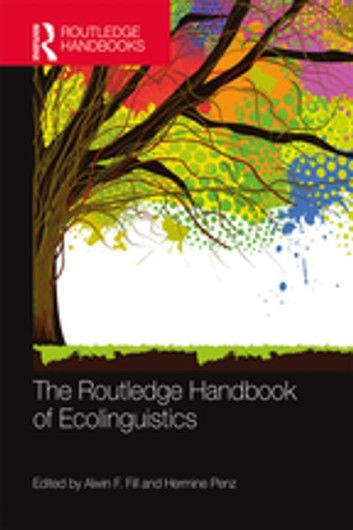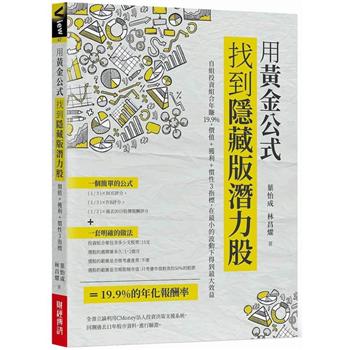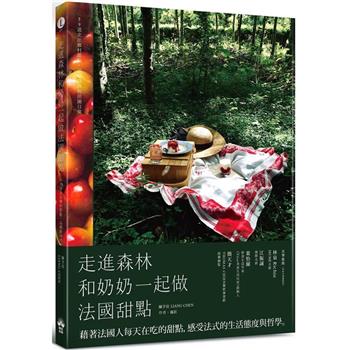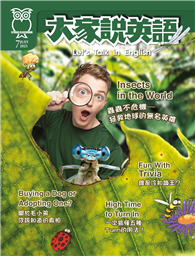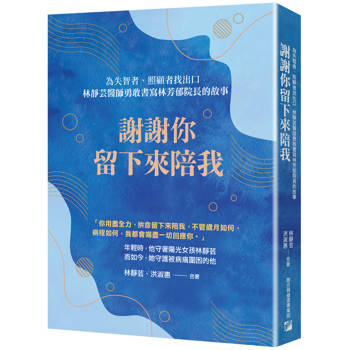The Routledge Handbook of Ecolinguistics is the first comprehensive overview of the field of ecolinguistics, also known as language ecology. Part I contains chapters on language diversity, language contact and language planning. The aspect of ecology is considered with such topics as language minorities, language endangerment and language revival; the link between the loss of languages and the loss of species is topicalized in several chapters. Part II addresses the central topics of ecolinguistics, viz. the role of language and discourse in our age of environmental problems and climate change. Chapters herein show how language and discourse describe, but may also hide environmental problems, e.g. with the help of euphemisms, metaphors or ‘greenwashing’ in politics and advertising. Overcoming linguistic ‘anthropocentrism’ with physiocentric language is topicalized as well as positive discourse analysis. An important topic is the use of visual images and the combination of text and picture in environmental discourse. In Part III, the philosophical side of ecolinguistics is addressed with such topics as the ethics of language about the environment and the role of religion concerning language and ecology. Ecolinguistics is also shown to be a pace-maker into a new scientific age, in which transdisciplinarity and citizen science may play an important part. The handbook concludes with a discussion on what new orientations ecolinguistics will have and which topics will be addressed more profoundly in the future, such as the new vision of Ecolinguistics in China as an ideology that leads to harmony. This volume is an excellent resource for students and researchers interested in language and the environment, language contact, and beyond.
